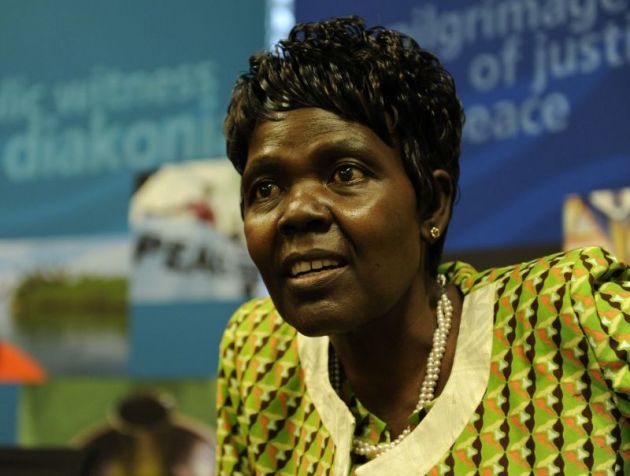At G20 summit protesters charge barricades; churches issue call to peace

Protesters at the G20 summit in Germany set a series of bonfires in the streets and stacked pavement blocks to use as projectiles during tension between demonstrators and police while in other parts Christians prayed.
Initially police held back while the protesters aggressively attacked police lines, taking a hit-and-run approach, with groups of them running up the road, throwing rocks and bottles, and quickly retreating, and also setting fire to cars and buildings CNN reported.
About 30 minutes before midnight on July 7, police moved forward, firing teargas on the mainy anti-capitalist protesters as leaders from 20 of the world's leadng economies were meeting to try to tackle global problems.
But on the evening when the leaders of the G20 states were meeting in Hamburg and discussing global economic, social, environmental and political issues, churches in Germany had invited people in the country and all over the world to a common peace prayer.
"We will bring our lament and hope before God", states the church alliance for the G20 summit, "global.gerecht.gestalten" (which translates roughly as: shaping globalization fairly; or: global – fair – redesign).
The alliance was established to accompany the summit meeting with intercession and to participate in peaceful activities before and during the summit in Northern Germany.
Its members are Christian churches in Northern Germany, Hamburg's main churches and congregations, academies, as well as the Protestant aid agency Brot für die Welt (Bread for the World) and the Association of Protestant Churches and Missions in Germany (EMW).
Many people are looking with great concern at the G20 summit, the World Council of Churches reported.
Many of the protestor reject the meeting itself as undemocratic and criticize that too many nations are not represented, although the summit is dealing with global issues.
Others criticize that the topics on the agenda don't focus on the most important questions to make the world sustainable for the future.
And there will be also demonstrations against invited State representatives for human rights violations in their countries or their refusal to join the efforts against climate change.
The WCC reported that many people in and around Hamburg are afraid that there will be also violent groups among the registered demonstrations.
PRAYERS FOR PEACE
For this the prayer for peace includes both: that God may bless the state leaders with wisdom, prudence and courage and that He may protect the security forces and the demonstrators, that the peaceful activities will come out on top.
On Saturday morning, there will also be an ecumenical prayer service in one of the main churches in town.
Dr Agnes Abuom, the Anglican moderator of the WCC's central committee, will preach, alongside Roman Catholic Bishop Charles Jason Gordon, speaker of the Debt20 group of personalities from critically indebted countries.
Representatives of the municipality of Hamburg, of the Roman Catholic aid agency Misereor, of the Protestant aid agency Brot für die Welt and from many other local and international initiatives will be present.
"In common singing, praying, and listening to God's Word, we set a sign for a more just world: for the chance of education, for the support of refugees, for a fair method of resolving the debt crises, for an equitable distribution of resources," the Working Group of Christian Churches in Hamburg (ACKH) stated in a press release.
The church alliance "global.gerecht.gestalten" provides on its homepage written material such as prayers, hymns, impulses for meditation and background information on the most burning global issues which can be used in the congregations.
The day before the summit began on July 7,the WCC, ACT Alliance and All Africa Conference of Churches urged G20 leaders to take action to overcome hunger and sustain justice and peace in the Horn of Africa.
With 1.4 million children at risk of dying from hunger, the G20, along with the rest of the world, must scale up efforts on local, regional, national and global levels to save lives and livelihoods in Nigeria, Somalia, South Sudan and Yemen, urged the faith-based organizations.
